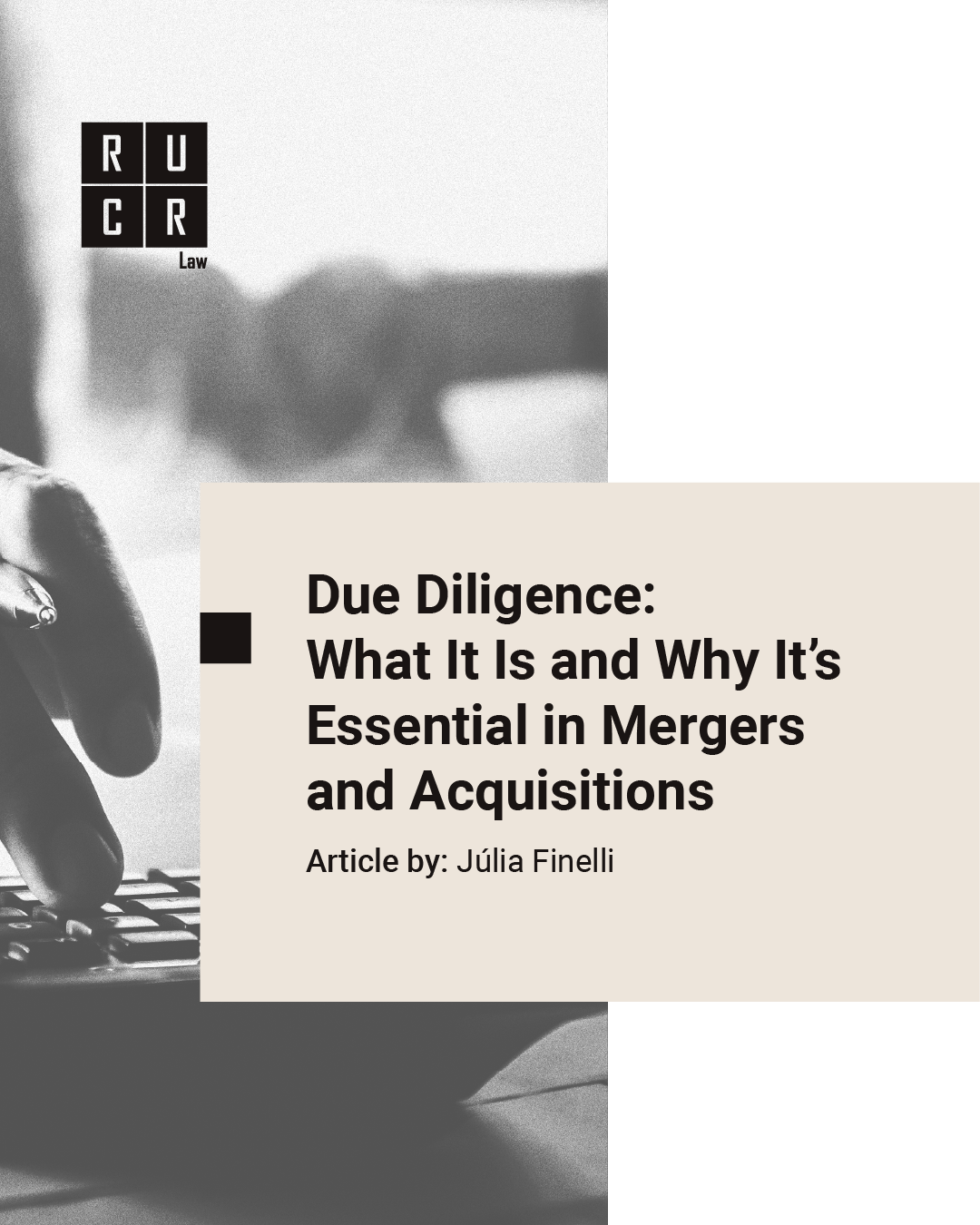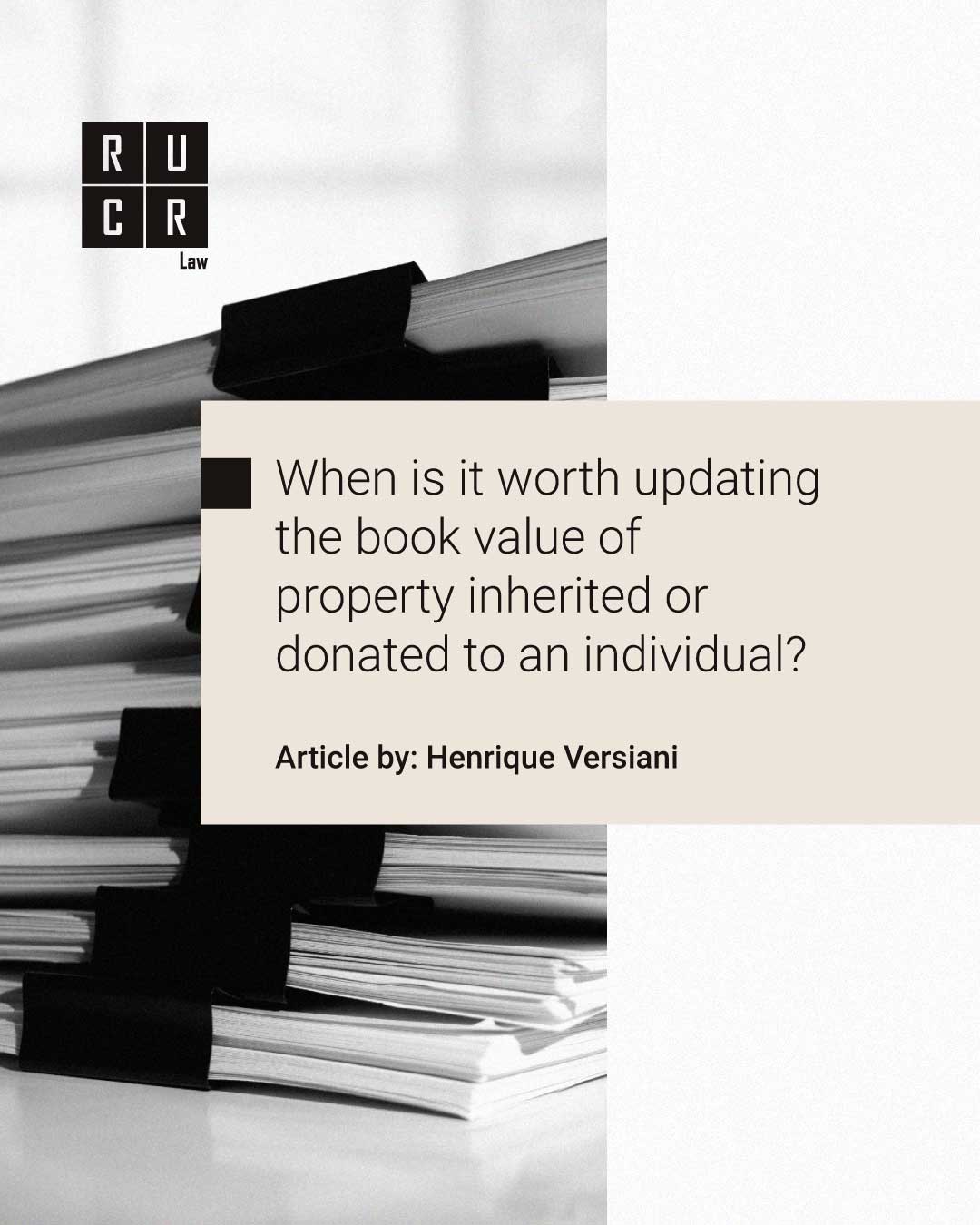Is a Judicial Deposit Effective in Protecting the Debtor from Accruing Interest due to Payment Delays?
It is commonly believed that making a judicial deposit in dispute resolution shields the debtor from additional charges incurred by payment delays. This belief was supported by judicial precedents that had been prevailing until the end of 2022.
However, in the review of the Theme 677/STJ, the Higher Body of Superior Court of Justice established a new precedent overruling that previous understanding. It is now understood that if a judicial deposit is made not to settle the debt but to contest it, the debtor remains liable for interest and monetary adjustments if the dispute is unsuccessful. In such instances, it would be only necessary to deduct the already in the judicial account from the updated value, although that one is typically adjusted at significantly lower rates than other types of investments.
In practice, this change is substantial due to the massive differences between criteria for monetary adjustments in the Judiciary and those applied to judicial accounts. In other words, as the lawsuit progresses, the due amount tends to increase exponentially, at a rate much steeper than that applied to judicially deposited funds. Therefore, this can lead to a significative outstanding balance in the end of the process.
Given the profound impact of overruling previous rulings, it was expected that the Superior Court of Justice would give prospective effects to this decision, meaning it would affect only judicial deposits made after its publication. However, the Court recently decided to uphold the retroactive effects of the precedent, a decision that has faced considerably criticism within the legal community and that has already been challenged before the Brazilian Supreme Court. Thus, the discussion about the issue has not yet been finished, though the new precedent must currently be followed.
Although not explicitly mentioned in the precedent, it is expected that this new interpretation will not apply to the judicial deposits made to contest tax debts, as the Tax Code has specific legal provisions for such cases, and it is believed that the former understanding will continue to apply. Likewise, it is believed that the former rulings will continue to apply to deposits made in the form of payment into court, particularly considering the express caveat included in the new ruling. Lastly, the new precedent is also expected not to apply to labor debts, which are governed by specific rules and are not subject to the Superior Court of Justice precedents.
However, considering the ongoing controversies surrounding the new precedent, it is crucial to count with an expert legal advice before undertaking any judicial actions, in order to fully understand the risks associated with judicial deposits made to contest debts.









